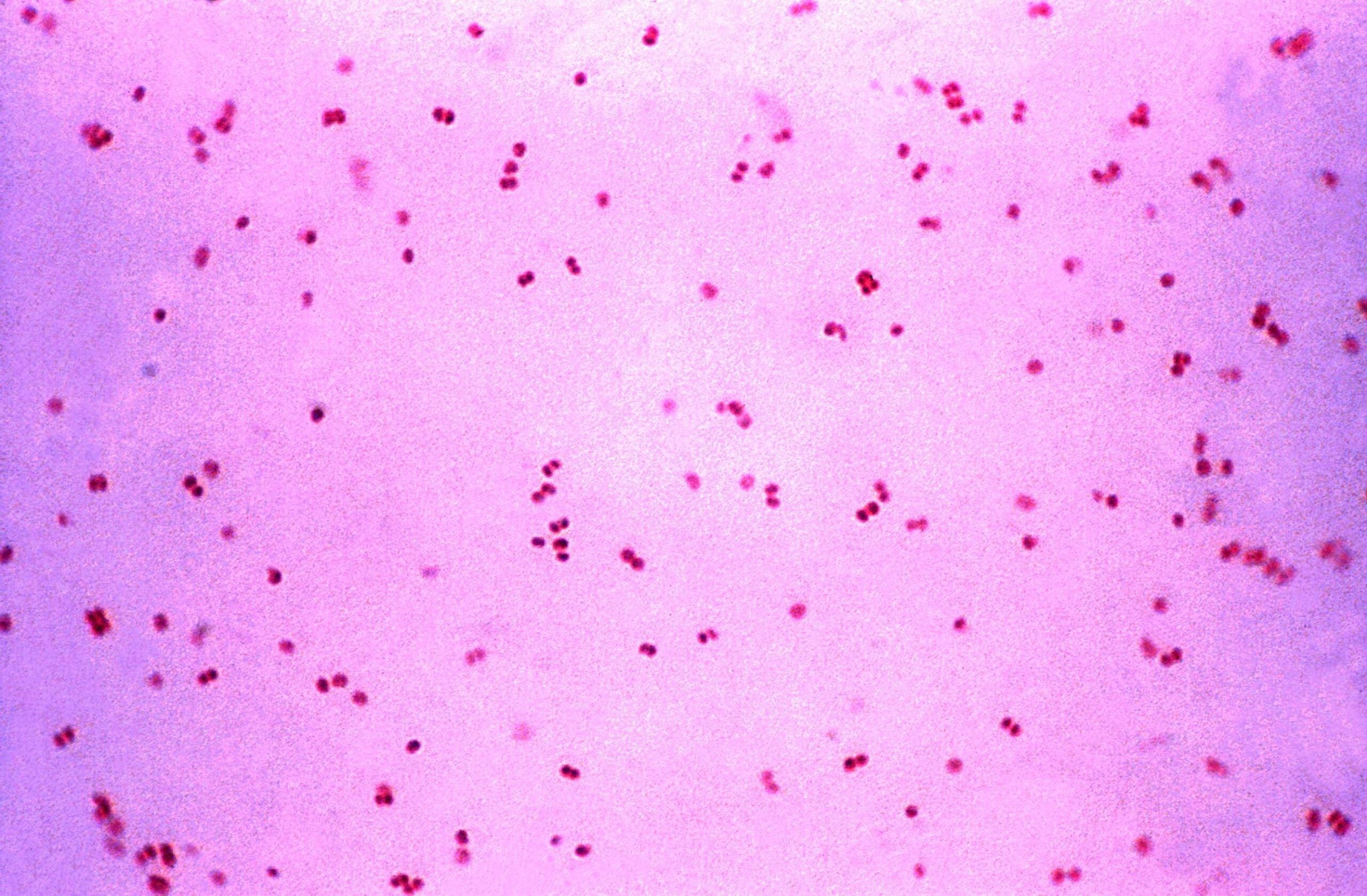
Biotech Deinove has acquired anti-infective programme Novel Bacterial Topoisomerase Inhibitor (NBTI), created by British company Redx pharma. The programme is designed to help develop a novel antibiotic group for treating infections caused by Gram-negative bacteria.
Under the deal, Deinove received the option for a licence on a series of molecules about to enter preclinical development, as well as becoming responsible for the continuation of Redx’s anti-infective program.

Discover B2B Marketing That Performs
Combine business intelligence and editorial excellence to reach engaged professionals across 36 leading media platforms.
“Deinove has powerful tools and a strong team to quickly develop the NBTI program, said Redx chairman Iain Ross. “In 2017, we announced our commitment to concentrate on the development of our cancer and fibrosis products and we are pleased to have found an ambitious partner for our NBTI anti-infective program.”
Redx’s NBTI programme focuses on a novel group of antibiotics that target bacterial type II topoisomerase. It is currently undergoing optimisation and in vivo evaluation to determine its efficacy and safety.
“We are delighted to begin this new chapter, which illustrates the continuity of our objectives of developing new antibiotics, and strengthens our strategic position,” Deinove CEO Emmanuel Petiot said. “This agreement gives us access to an advanced programme targeting priority pathogens, which has already delivered compelling preclinical data, allowing us to expand our antibiotic activity, always with the goal of creating value quickly.”
Deinove is known for its discovery and development of high-value compounds based on rare bacteria, using its library of 6,000 rare or unexplored bacterial strains alongside an engineering platform capable of adapting these natural ‘micro-factories’ to adhere to new industrial standards.

US Tariffs are shifting - will you react or anticipate?
Don’t let policy changes catch you off guard. Stay proactive with real-time data and expert analysis.
By GlobalDataThe company’s latest deal comes amid a wider push to develop a large pipeline of innovative antibiotics. This would help tackle the growing problem of drug-resistant bacteria, which WHO estimates could cause 10 million deaths a year by 2050 if no viable treatment options are developed. The US Centers for Disease Control and Prevention (CDC) estimates that 23,000 Americans die each year from drug-resistant bacteria, and the European Centre for Disease Prevention and Control (ECDC) estimates that 25,000 people die annually in Europe.
Gram-negative bacteria include Acinetobacter baumannii and Pseudomonas aeruginosa, both of which appeared on a list of the 12 most deadly pathogens for human health published by the World Health Organisation (WHO) in 2017. These bacteria cause diseases such as hospital-acquired pneumonia, which sees 750,000 cases per year reported in the US and Europe.
NBTI was chosen for support by Boston University’s CARB-X anti-resistance consortium in 2017, one of the largest initiatives in the world supporting research into drug-resistant bacteria. The consortium aims to create a portfolio of 20 or more antibacterial products, focusing on the priority bacterial pathogens identified by WHO. Their progression through clinical development will be aided by the $455m funding received from BARDA and Wellcome Trust.
CARB-X responds to the US government’s Combating Antibiotic Resistant Bacteria (CARB) initiative in 2015, and the UK government’s call in 2016 for a concerted global effort to tackle antibiotic resistance.





